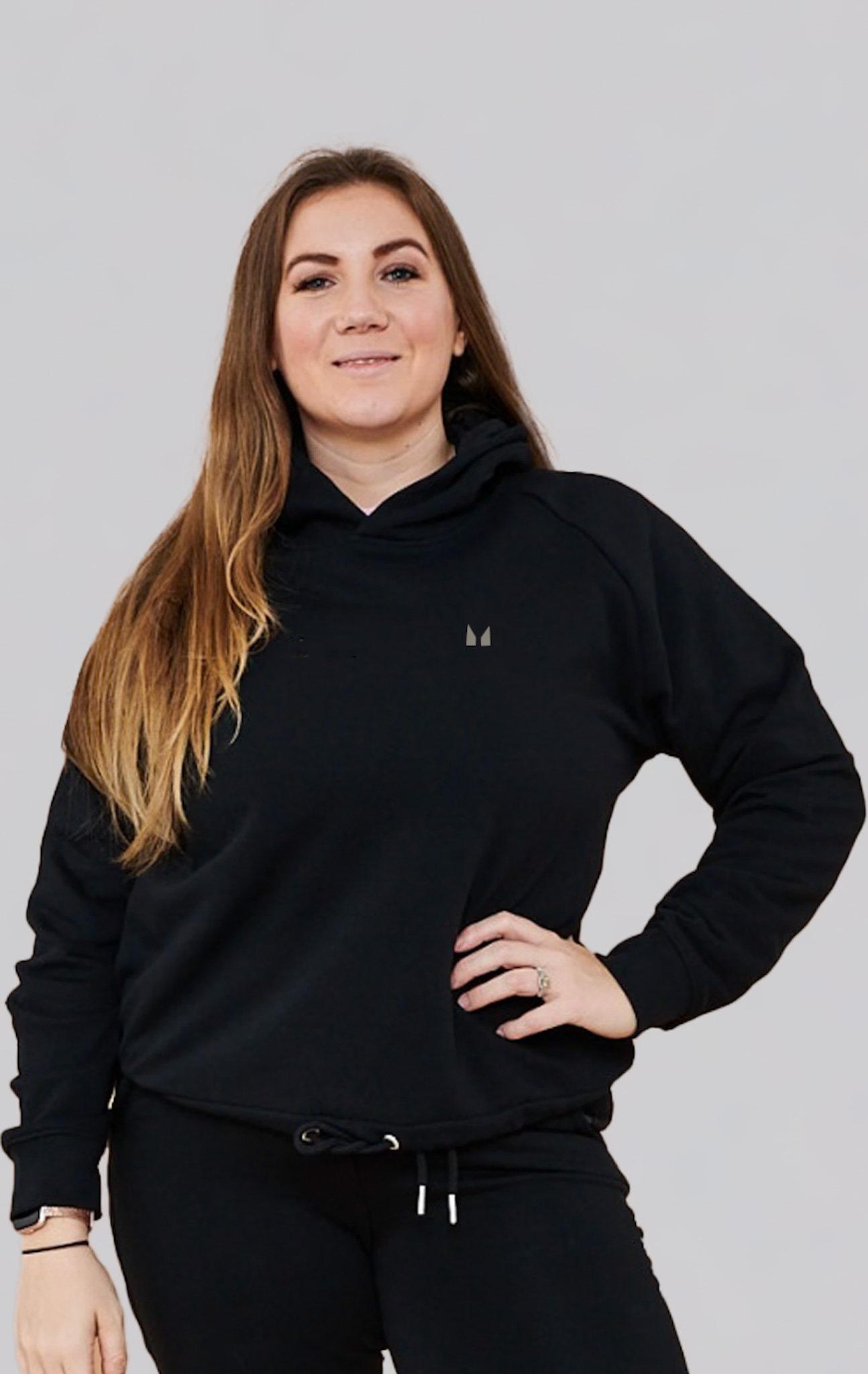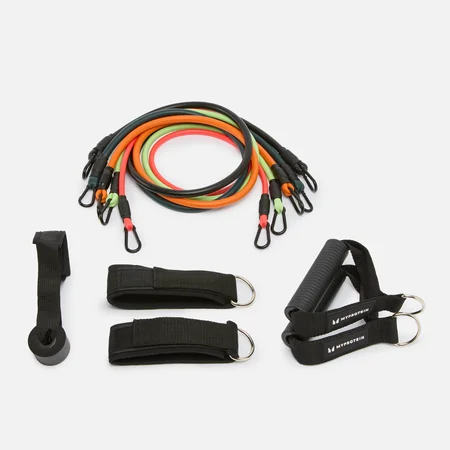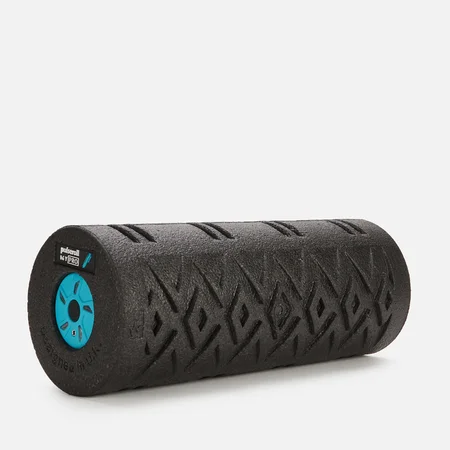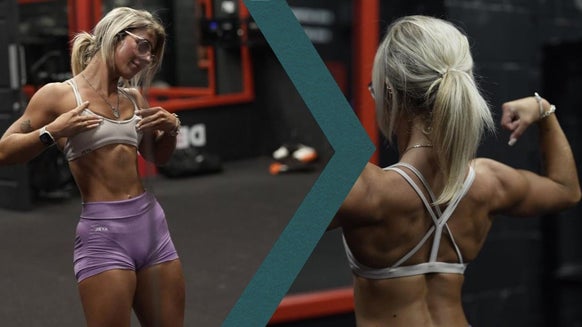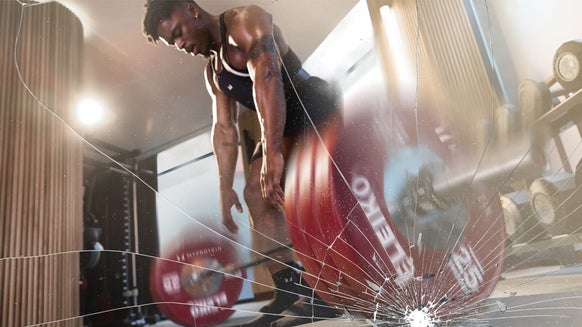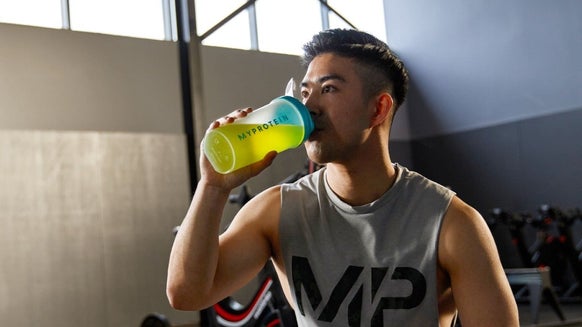13 Habits to Improve Your Workout | Helpful Tips and Tricks
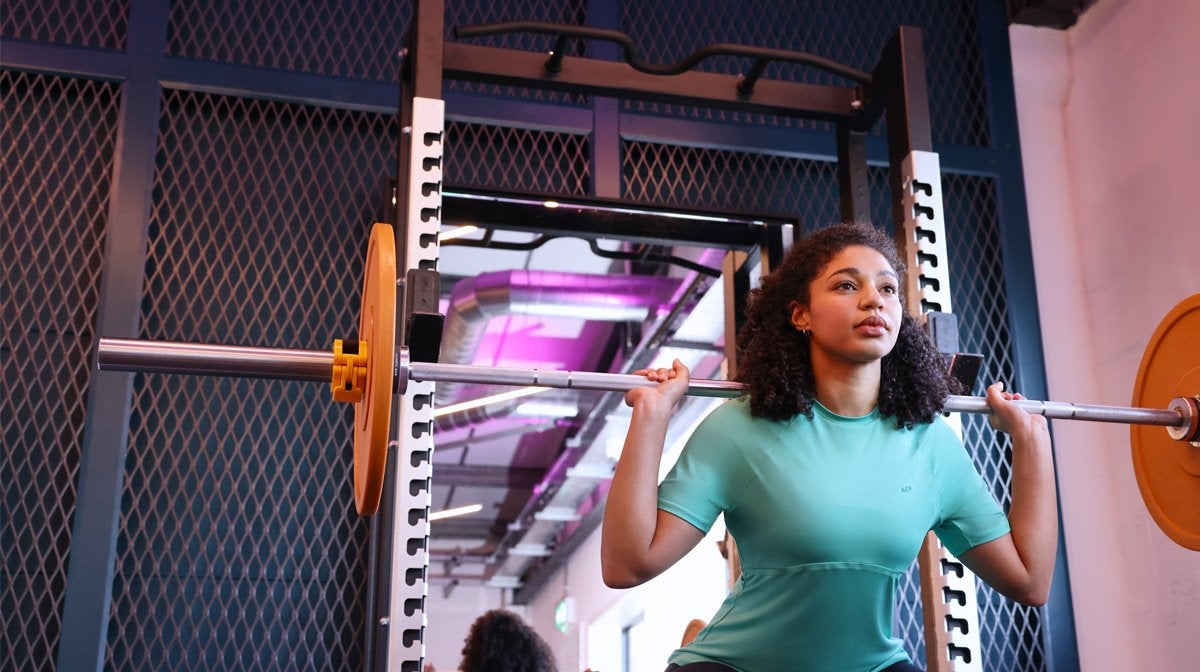
It's totally normal to feel your motivation dip after a few weeks, but don't worry. Here are a few helpful tips to help you keep it going and make your habits stick.
The importance of developing healthy habits in your workout
When hitting the gym, no one wants to go in half-hearted or not reach their goals within their desired timeframe. Adding healthy habits to your workout can ensure that every bit of hard work counts, and that you're going full steam towards reaching your goals.
Setting clear habits can also help keep you on track, motivated, and ensure that you're putting in as much effort as you can every session.
Tips to build your workout plan
1. Be flexible
Sometimes things come up and you need to adjust your workout schedule. It's OK to move your workout to a different time or day. If you're stuck for time, try splitting your session across the day or even across different days of the week.
2. Exercise with a workout partner or in a group
There’s nothing like spending time with a good friend. So why not work out while doing it? Training with a friend or group of friends can help you commit and make working out a long-term habit. Plus, adding a social element to your workout can help boost your mental wellbeing.
3. Choose fun workouts
Working hard doesn’t mean you can’t have fun. The more you enjoy your workouts, the more likely you are to make them a regular part of your life. If you're not enjoying a new exercise, switch it up for something else.
You can also mix up the time you train. If you're not a morning person, train in the evening. And if you’re an early riser, train when you wake up. It's all about finding what works for you and makes you happy.
4. Set realistic goals
Get advice from a friend or gym personal trainer to help set realistic goals and manage your expectations.
5. Start small and progress later
It's easy to get carried away when starting out, but this can lead to injury. Assess your fitness levels and build up gradually.
Set smaller goals and shorter workouts, then add more complex exercises and additional sessions as you gain confidence. By progressively gradually in this way, you’ll see results that are both sustainable and lasting.

6. Always feel comfortable
Wearing comfortable workout clothes and shoes can make a big difference in how you feel during and after your workout. Feeling good in what you're wearing can help boost your confidence and motivation.
Need to get yourself some confidence-boosting workout gear? Check out
And for some more confidence tips, have a look through our
7. Never forget your rest day
8. Switch up your workout
The best training programmes change things up every 4-6 weeks. If you're getting bored with the same routine, try a new movement or take up a class to add some excitement, especially with your aerobic exercise. This will also be more of a challenge to your body than doing the same thing constantly.
9. Reward yourself
10. Balance
A balance of training days and rest days increase the effectiveness of any fitness goal and also reduce the likelihood of injuries.
For example, if you are planning to train three times a week, full body exercises may suit you best in comparison to split muscle routines into leg, chest and back days. Training this way is especially useful when you include compound movements such as the squat, as you need all your muscles to be at their strongest to prevent injuries and to maintain good form throughout the movement.
On the other hand, if you plan to train six times per week, splitting your routine into upper and lower body days may work best for you. This will ensure that the different muscle groups get ample rest before their next workout as you can alternate the upper and lower body days.
11. Stretch
Make sure you include stretching after every training session. Foam rolling is also an excellent addition to any programme to loosen tight muscles after exercise.
12. Plan workouts
You should always keep a record of your training sessions. It is useful to include the exercise, the amount of sets and reps performed and even how you were feeling throughout the workout.
This is a really useful and easy way to track your progress and also to monitor the effectiveness of your program.
13. Take measurements
Taking base measurements, before photos and completing simple fitness tests are aspects crucial to monitoring progress throughout your training programme.
Dread may be the first thing that comes to your mind - but don't worry! Seeing improvements after the very first couple of weeks will help boost your motivation! Before and after photo's definitely enhance self-esteem. You just need to get past that starting point.
- Weight
- Bust
- Chest
- Waist
- Hips
Tip: Set yourself a date to record your measurements again - I'd recommend after four weeks but if you're feeling deflated, do it after two weeks. Just remember, weight and fat loss are not always judged by the number on the scale but also the inches lost.
Fit tests: The F.I.T.T (Frequency, Intensity, Type and Time) concept is excellent for beginners planning an exercise routine as it ensures that all the major bases are covered:
- Record time taken to walk/run one mile (depending on fitness level)
- How many push ups done at one time (begin with knee push ups if needed)
- How far you can reach forwards with your legs in front of you (toe touches)
- Pulse rates before and after this test.
Unhealthy workouts habits you should avoid
To ensure you're getting the most out of your workouts, try to avoid:
Skipping rest days Not warming up or cooling down - Not fuelling your body properly — this could mean cutting calories too low or avoiding certain food groups
- Setting unrealistic expectations and goals
- Overtraining
Having too many cheat meals — no food is off limits, but try to make sure you're eating within your macros Not getting enough sleep between workouts
Take Home Message
Forming new habits takes time. So be patient with yourself and allow yourself time to learn and adapt.
Set realistic goals for yourself, celebrate the small wins, and keep pushing yourself to learn and improve while having fun. Before you know it, you'll be setting healthy habits and on the way to achieving your goals.
Want more tips and tricks?
READ THESE NEXT:
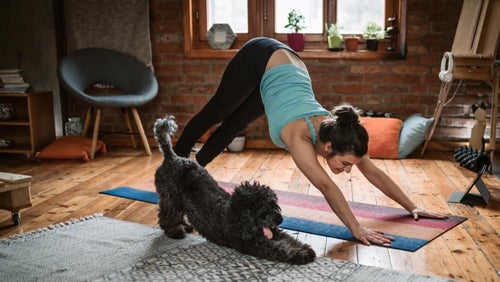
10 Basic Yoga Exercises For Beginners | Yoga Made Easy
Roll out your yoga mat and discover the benefits yoga has to offer.
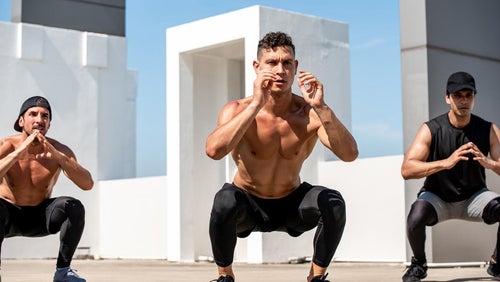
20 Minute HIIT Workout for Fat Loss
Blast through those calories as you push yourself to your limits.
